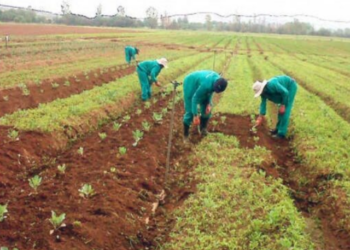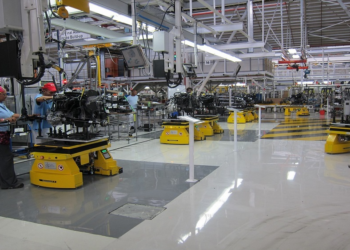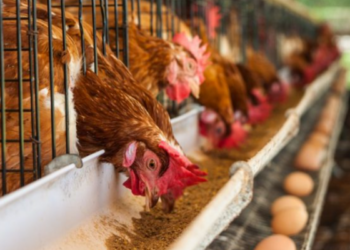Since the onset of the recession, economists and other experts have touted that diversification of the economy remains the surest way out of Nigeria’s current economic crisis. And you cannot fault that conclusion. The landmark drop in crude oil prices has led to stunted revenue for the government and this has impacted negatively on the economy.
Despite the fact that it doesn’t take rocket science to understand why diversification is necessary, evidence is showing that the actualization of diversifying the economy is not something Nigeria understands yet. To confirm this, you only have to look to the latest document on lending rates to different sectors of the economy for September 2016 by commercial banks.
The documents showed that government continued to enjoy the second lowest lending rate of around 24%, marginally higher than mining and quarrying (23%). However, key real sectors that impact on the diversification process continue to suffer from high lending rates.
Agriculture, manufacturing, real estate and construction all had to pay 26% as interest with general commerce having the highest lending rate at 30%. Given the unpredictable nature of the exchange rate, the 30% interest rate of general commerce comes as no surprise.
However, when the Monetary Policy Rate (MPR) set a benchmark of 14% and give a leeway of between 15-17%, then the lending rates of banks to the sectors of the economy that foster diversification becomes outrageous.
Guardian reports, however, that “Banks’ poor attitude to agriculture lending shows that the mantra of diversifying the economy will not be achieved…there is the need for deliberate private sector efforts to boost agriculture…The banks are crowding out the private sector in the area of finance. And finance is critical to any development, especially in the area of agriculture”, Guardian reports Dr. Franklin Ngwu, who teaches economics at the Lagos Business School, as saying on telephone.
Bank executives however differ in their view, citing costs of doing business and other factors as reasons why they have to exceed the window set by the MPR. Agreeing that government remains a safer option than these sectors, he said you wouldn’t blame banks for preferring them to the real sector where forex scarcity remains a deterrent. “Sometimes we approve credit for manufacturers to bid for forex but they don’t take it because they could not have access to forex. We ask them to ask for reversal so that they don’t pay interest,” the unnamed source told Guardian Newspapers.
With this outlook, the lip service we pay to the diversification of the economy remains what it is, lip service. Unless drastic measures are taken, Nigeria will continue to be an oil-dependent economy for the foreseeable future. Given the problems crude oil prices are facing, that is a bleak prospect for the country.





















